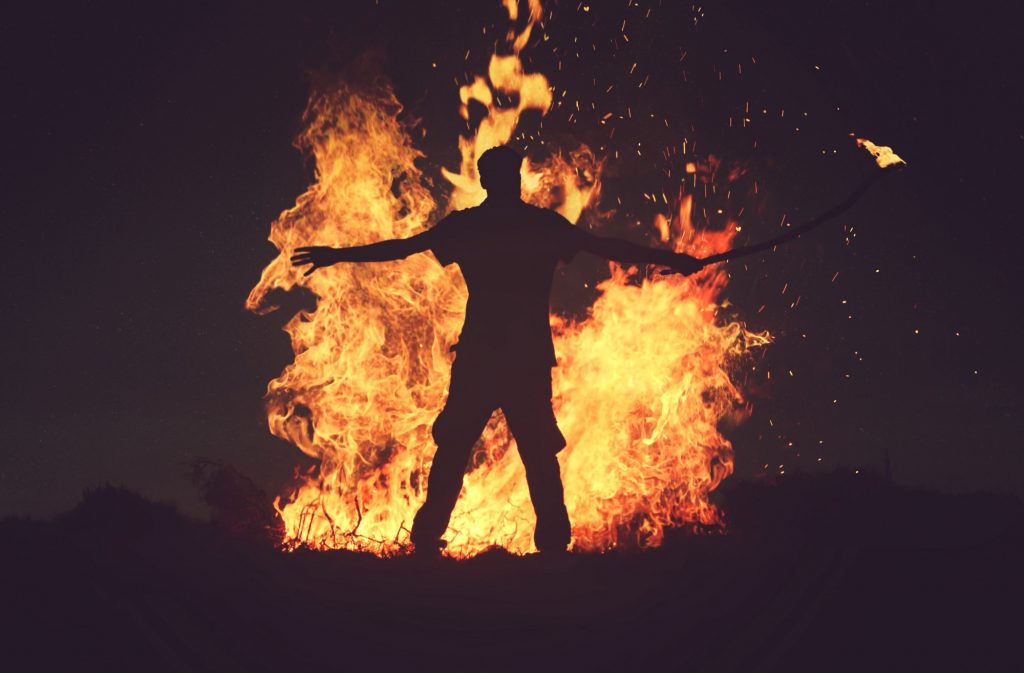
One of the biggest challenges that we face in terms of preparedness is being good at separating fact from fiction. There’s no shortage of well-intended ideas and tips and tricks out there that are meant to be helpful, but an awful lot of them can actually do more harm than good. In a survival situation, when options are limited to begin with, and the margin for error is minimal at best, it’s important to know for a fact that whatever solutions or resources we’re availing ourselves of will work. Otherwise, we not only run the risk of experiencing unexpected problems and setbacks, but those issues may have devastating consequences as well.
Burning Away Germs
One glaring example of idiotic advice that far-too many people are taking to heart as of late has to do with using campfires for sanitation. The logic is that heat kills germs, and flame is an efficient and easy way to get rid of them. Unfortunately, this doesn’t apply to our skin. An alarming number of campers and hikers have been hospitalized with second and third degree burns after they stuck their hands in flames because they were led to believe that this technique would work.
There have also been reports of people using fire to sanitize needles or blades in order to use them for treating wounds in the field as well. Unfortunately, they also didn’t foresee the complications associated with skin and nerve damage, along with infections that followed from the soot that was deposited into their wounds that led to extensive medical complications.
For the record, it’s perfectly okay to dip a blade in a flame to get it red hot in order to cauterize a wound. However, this is a technique that should be used as a last resort to control bleeding or close a severe wound that may become infected. For the record, you can use heat and flame to kill germs, but whatever item you’re trying to sanitize should be sitting in boiling water when the process is under way. Under no circumstances should we be sticking our hands into flames in order to sanitize them, nor should we be sanitizing items that are flammable or subject to melting with fire either.
Fact Checking
Fact checking has become part of our daily national vocabulary as of late, and people are finally starting to realize that a lot of information they’ve been trusting and relying on is less-than-accurate. However, fact-checking things related to natural remedies, backcountry tips and tricks and other, random things that are relevant to us have been slow to take hold. Unfortunately, the ramifications of failing to do so have real consequences, and many can be life-altering.
Be Responsible
Please take time to put remedies to the test, do some research, and use common-sense when it comes to incorporating tips and tricks into your preparedness efforts. There’s no shortage of good ideas out there that can be used to give you a leg-up during a crisis, but it’s important to test them beforehand to ensure that they deliver the expected results while posing minimal risk to you or those in your care. The last thing that you need now, as well as during a crisis, is to follow bad advice that can open the door to all kinds of other problems that are completely-avoidable.
